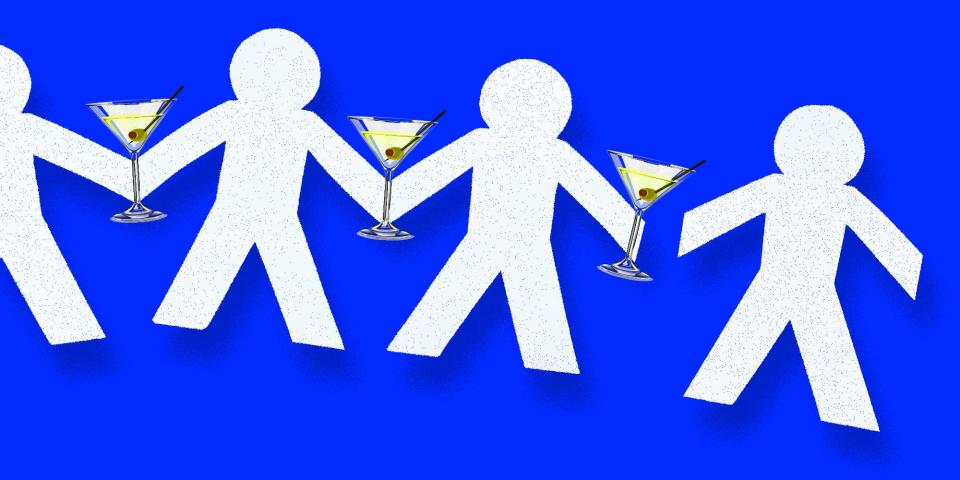The US economy is in a 'selective recession' as lower-income consumers struggle and high-income households see huge wealth creation, JPMorgan strategist says

The economy is already in a "selective recession," according to JPMorgan's Matthew Boss.
Low-income consumers are pulling back on spending while top-earners are fueling the economy.
The top 10% of American earners have gained more than $30 trillion in wealth since 2020, Fed data shows.
The US economy is being split by a "selective recession," as some consumers see "huge" wealth creation while others struggle to get by, according to JPMorgan analyst Matthew Boss.
The equity analyst pointed to the divide between low-income and high-income consumers. High-income consumers are thriving, evidenced by the $40 trillion worth of spending they're driving into the economy, which is around half of all consumer spending in the US, Boss estimated.
Lower- to middle- income consumers, though, appear to be falling behind as the cost of living rises, Boss said previously. The bottom 20% of consumers are contributing to just 10% of the economy's total spending, he said, citing national retail sales data.
"The backdrop that we face in our work is a selective recession, and what that means is you are going to have extreme volatility. We think the higher income consumer — a lot of wealth creation," Boss said in an interview with CNBC on Thursday. "The low-income consumer, that's the melting ice cube," he added.
The richest Americans have significantly increased their wealth over the past four years. The top 10% of households have gained a whopping $30.5 trillion since 2022, while the bottom 50% of Americans have gained just $1.8 trillion in wealth, according to Federal Reserve data.
That could be because the top 10% of Americans account for the vast majority of household stock ownership, while low-income households are generally more impacted by inflation. 65% of households earning less than $25,000 a year said they found inflation to be "very stressful" — around 23 percentage points more than households with income of $75,000-$100,000.
Middle-income consumers also say they're affected by the accumulated price increases over the past few years. Less than half of middle-income households rated their finances as "excellent" or "good," and 68% rated their ability to save as "not so good" or outright "poor," according to a second-quarter survey conducted by Primerica.
Other forecasters have warned of a consumer-led recession as Americans pull back on spending. Overall, real retail sales have dropped 4% year-over-year in the first quarter — a possible sign that a consumer recession may already be here, according to top economist David Rosenberg.
Read the original article on Business Insider

 Yahoo Finance
Yahoo Finance 